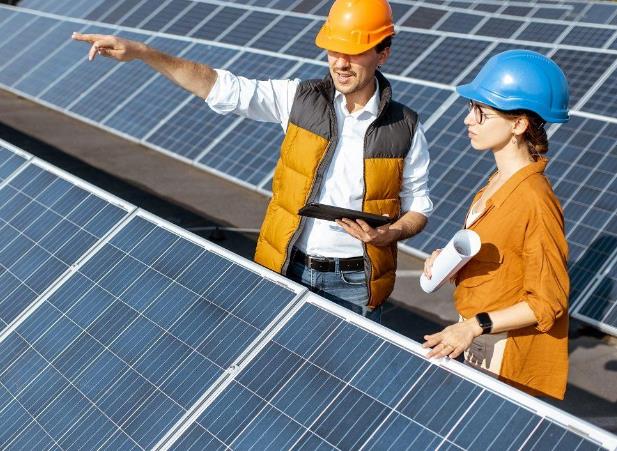What Causes Solar Panels to Underperform in Power Production?
When solar panels don't live up to their power production expectations, it can be a source of frustration for homeowners and businesses alike. Understanding the reasons behind this underperformance is crucial for troubleshooting and rectifying the issue. Here are the primary factors that can lead to decreased efficiency in solar panels.

Suboptimal Placement and Orientation
The positioning of solar panels directly impacts their ability to capture sunlight. Optimal orientation and angle vary by location, but generally, panels should face south in the Northern Hemisphere to maximize sun exposure. If panels are placed in areas with significant shading from trees, buildings, or other structures, their performance will suffer. The ideal tilt angle ranges from 30 to 45 degrees, depending on your latitude, to ensure maximum sunlight absorption.
Environmental Debris and Maintenance Neglect
Solar panels are exposed to the elements, which means they're prone to accumulate dirt, dust, leaves, and bird droppings. Such debris can block sunlight, reducing the panels' efficiency by up to 25% in some cases. Regular cleaning and maintenance are essential to keep panels performing optimally, especially in areas with high dust or pollen counts.
Temperature Fluctuations
While solar panels need sunlight to produce power, excessive heat can diminish their efficiency. Most panels are tested at 25°C (77°F), but on hotter days, their performance can drop. The efficiency decrease can be about 0.5% for every degree Celsius above this standard temperature. In regions with high temperatures, this thermal effect can lead to noticeable underperformance.
Aging and Wear
Solar panels are designed for longevity, typically with a lifespan of 25 to 30 years. However, they do degrade over time, losing 0.5% to 1% of their efficiency per year. This natural degradation process means older panels will not produce as much power as they did when new, even under ideal conditions.
Faulty Equipment or Installation
Inverter issues are a common culprit behind underperforming solar panels. Since the inverter converts DC electricity generated by the panels into AC electricity usable by your home, any malfunction can lead to significant power production losses. Moreover, improper installation, including incorrect wiring or panel placement, can also reduce system efficiency.
Impact of Weather and Seasons
Solar panels rely on sunlight, so their output naturally varies with weather conditions and seasons. Overcast days, heavy rain, and shorter daylight hours in winter can all reduce the amount of power solar panels produce. While these factors are beyond control, understanding their impact can help manage expectations regarding solar power generation.
Why are my solar panels not producing enough power: Addressing the Issue
Identifying the root cause of underperformance is the first step toward rectifying the issue. Solutions might include repositioning panels, increasing maintenance efforts, updating or repairing system components, or even upgrading to newer, more efficient technology. Regular system checks and maintenance can preempt many of these issues, ensuring your solar panels continue to produce power efficiently for years to come.
In conclusion, solar panels can underperform for a variety of reasons, from environmental factors to equipment malfunction. By identifying and addressing these issues, you can significantly improve your solar system's performance and ensure you're getting the most out of your renewable energy investment.